A company owner asks employees what he can do to make their work easier. The employees come up with the idea of providing mobile hotspots for employees who spend a lot of their time traveling. The owner, who is grateful to the team and what they do for the company, does the research and gets a cost for the hotspots and mentions it during their weekly huddle. The employees speak up and decline the hotspots saying it cost the company too much money and wasn’t worth the investment, but they thank the owner for being willing to support them.
Read More
Markets shift, economies surge and ebb, and leadership changes. But basic human needs haven't changed. These are what motivate and drive employees to perform at their highest level, impacting everything from self-reported job satisfaction to workforce productivity. What are these motivators? Why do they matter? What effect does motivation have on the short and long-term success of an organization? The following are some thought-provoking ideas to increase employee engagement.
Read More
Many companies beginning their GGOB journey ask, How often should your team Huddle? What does a Huddle look like? Those just starting out with the Great Game process often fear that these Huddles will be “too time consuming” or “just another meeting.” The truth is that Huddles, when done well, will actually save you time because they improve communication and the execution of tasks. Here, we've broken down each type of Huddle:
Read More
2021 seemed to fly by, at least here at The Great Game of Business. We were planning our year just yesterday, and then, BAM, the year was over. At least, that is how it felt. Looking back on 2021 made us take stock of the most read Great GameTM blogs. In case you missed them, here they are in order: #8 - 10 Easy Ways Leaders Can Express Appreciation in the Workplace Individuals in the workplace need to feel appreciated in order to enjoy their job, do their best work, have positive work relationships, and stay with their organization long-term. The key ingredient in meaningful, significant, and effective appreciation is individualization—expressing appreciation in the recipient’s preferred “language.” Varying the ways company leadership communicates appreciation will improve chances of hitting the mark, so we’ve compiled 10 ways leaders can express appreciation in the workplace and foster positive work relationships in order to establish a recognition culture. <>
Read More
For nearly four decades, SRC Holdings have been evangelizing the importance of tapping into the universal human need to win. The Great Game of Business® educates your people in the rules of business, rallies them around a common goal, empowers them to see and improve the score, and engages them by allowing them to share in the rewards— What we call a Stake in the Outcome®—presenting them with the opportunity to win as a team. If you want to see success the way SRC has for almost four decades, you must start with communication. You need a system to ensure that you get the most out of your meetings. That doesn’t mean you need one identical to SRC’s meetings, or Huddles as we call them. On the contrary, your system will inevitably look, sound, and feel very different, as well it should. Companies are as diverse as people, and nothing is more distinctive than how you communicate. You have to develop a language and style with which you and your people feel comfortable, which fits your business personality. You will also have to adapt other companies’ techniques to your circumstances, and you may well have to invent new methods of your own.
Read More
“Engagement” has become such a huge buzzword in our society that some CEOs and managers no longer even want to talk about it! But don’t be fooled—this topic isn’t going anywhere. With research organization Gallup reporting that a staggering 87% of employees worldwide are not engaged in the workplace… we have our work cut out for us.
Read More
While the percentage of engaged employees in the US is higher than it has ever been, according to Gallup more than 50% of employees are unengaged: “they may be generally satisfied but are not cognitively and emotionally connected to their work and workplace; they will usually show up to work and do the minimum required but will quickly leave their company for a slightly better offer.” What’s worse—13% are actively disengaged employees who, in addition to being poor performers who exerted minimal effort, are four times more likely to leave their organization than the average employee.
Read More
Deciding what your company wants to be when it grows up should be a team effort. We continue to live in unprecedented times. Nothing seems predictable, and it's just about impossible to get anyone to agree to a consensus. Take inflation as an example. While plenty of economists continue to forecast that inflationary pressure is a temporary product of strong demand and snarled supply chains, others point to skyrocketing prices as evidence that an inflationary wrecking ball is already at work wreaking permanent economic damage. Tracking issues like these regularly makes it easy to get lost in the day-to-day weeds.
Read More
“If people don’t participate, they don’t buy in. If they don’t buy in, they don’t commit. If they don’t commit, they don’t deliver!” These words can be found on page 348 of The Great Game of Business. What a simple yet powerful statement. Businesses, small and large, struggle with employees delivering on their metrics. Maybe it’s not a delivery problem, but a buy-in problem. According to Great Place to Work, Employees who find their job to have “special meaning: this is not ‘just a job’” are 4 times more likely to give extra to the company 11 times more committed to stay 14 times more likely to look forward to coming to work How can you give special meaning to their job? Get their buy-in on the plan.
Read More
How the founders of Chillibreeze pursue their purpose: “We Start Every Day With Gratitude.” It was a Christian mission that first brought Joanna and Ralph Budelman to India in 1995. Their lives, and those who work with them, have never been the same since. The couple, who grew up in Louisiana and Illinois, respectively, share a deep belief in the power of entrepreneurship to create positive change in the world. After arriving in India, they founded the first of what would eventually become a series of businesses over the subsequent ten years that have created great jobs for people in the communities they have lived and operated in.
Read More

.png)


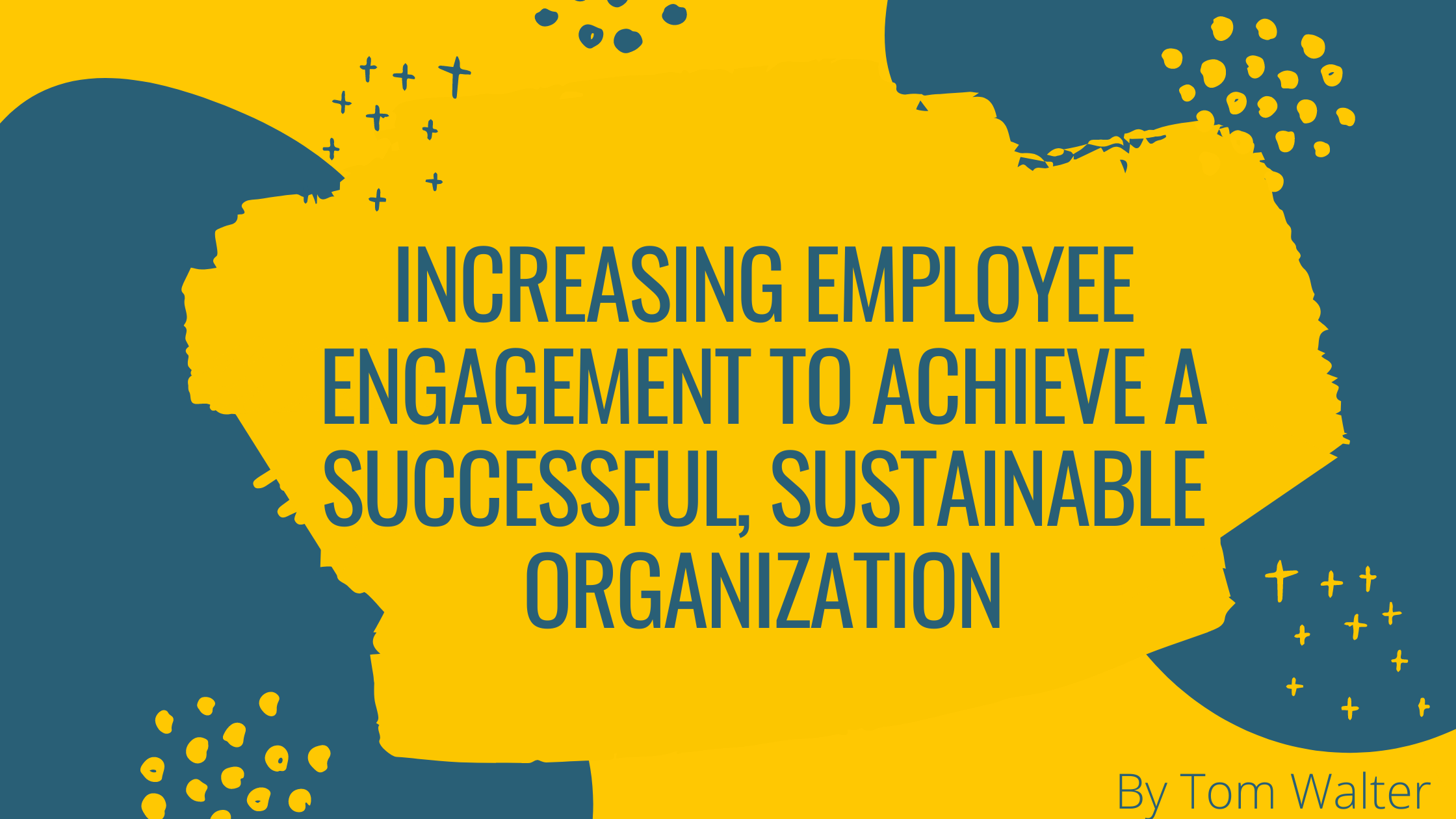

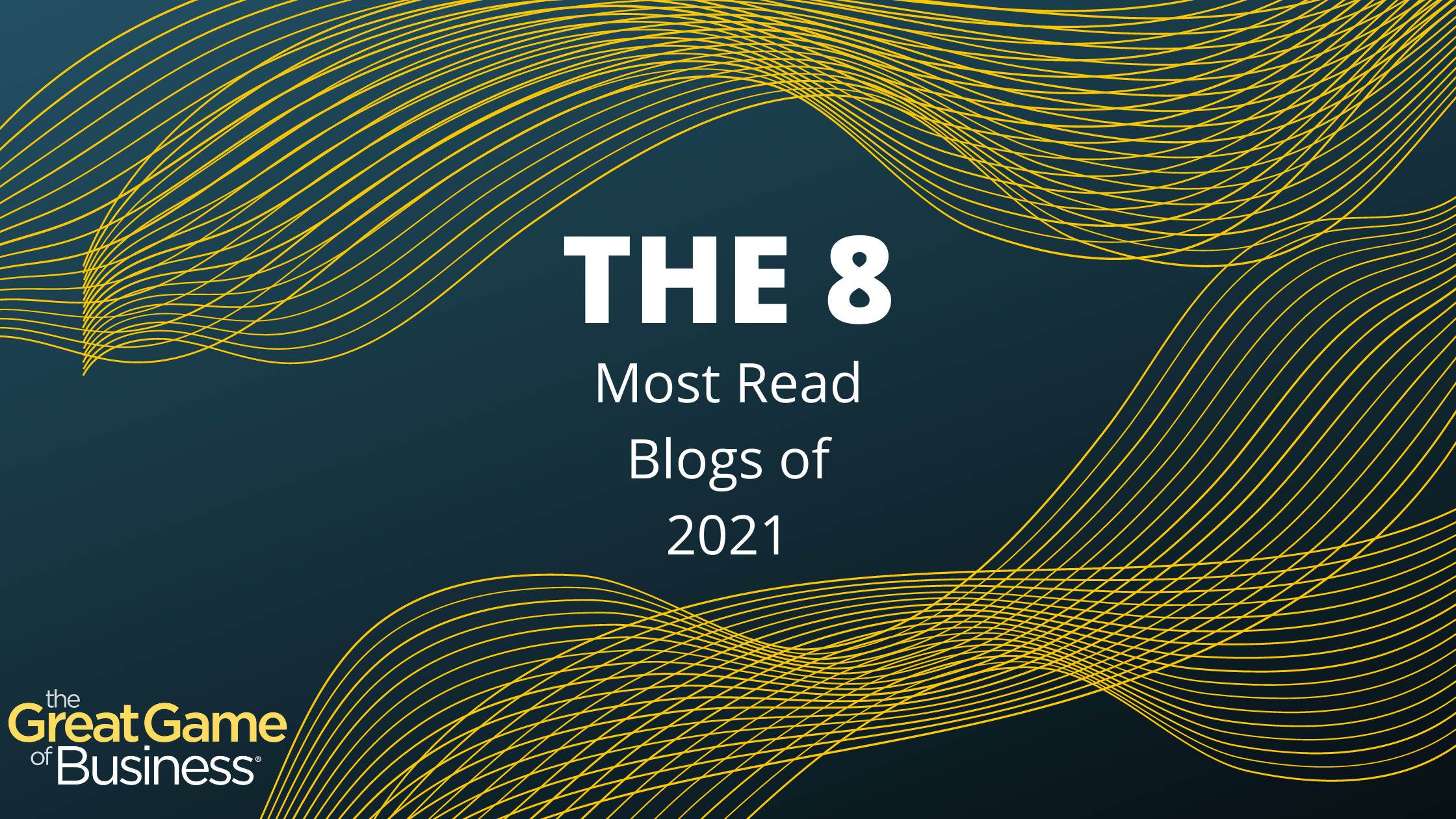

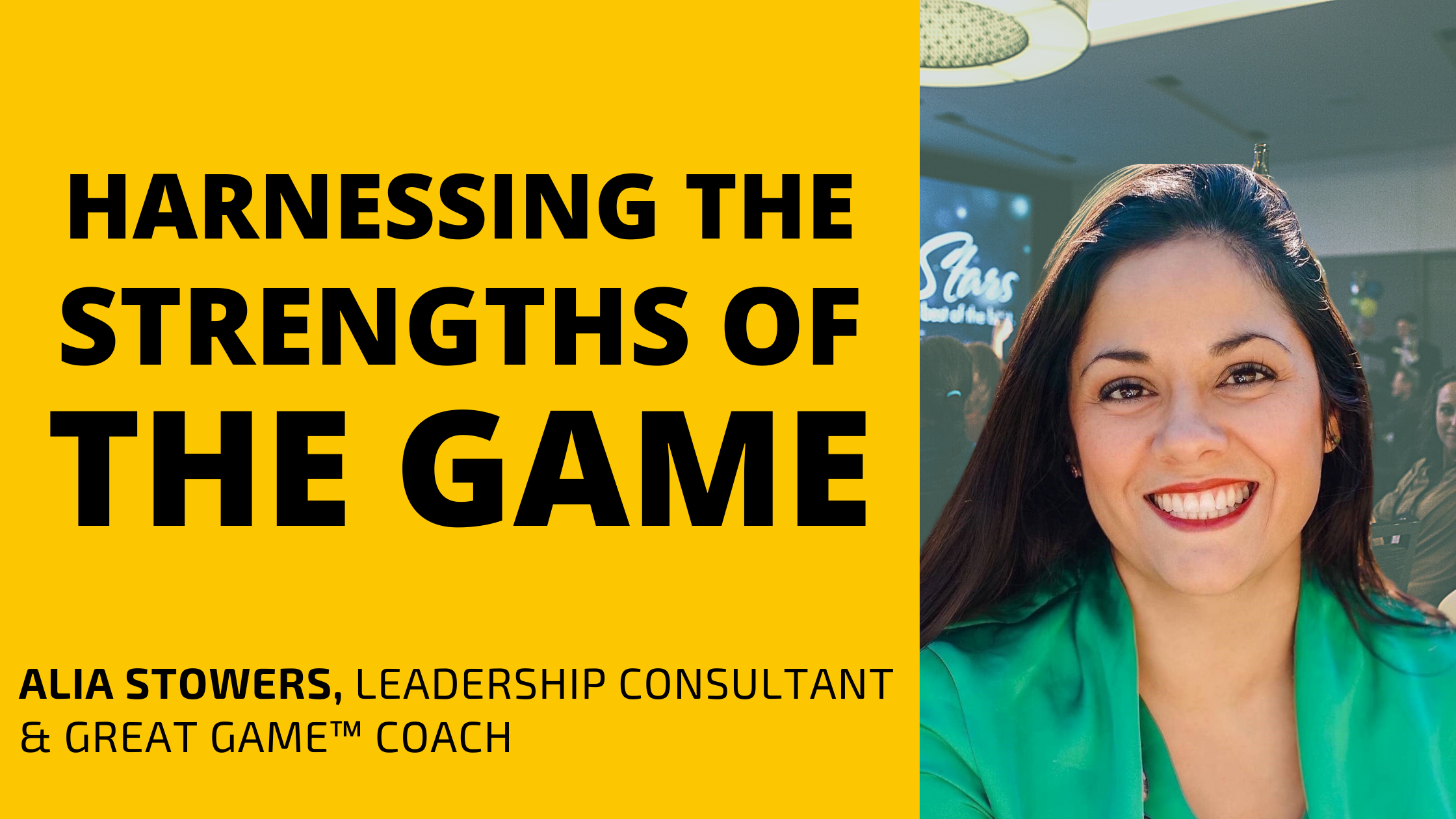
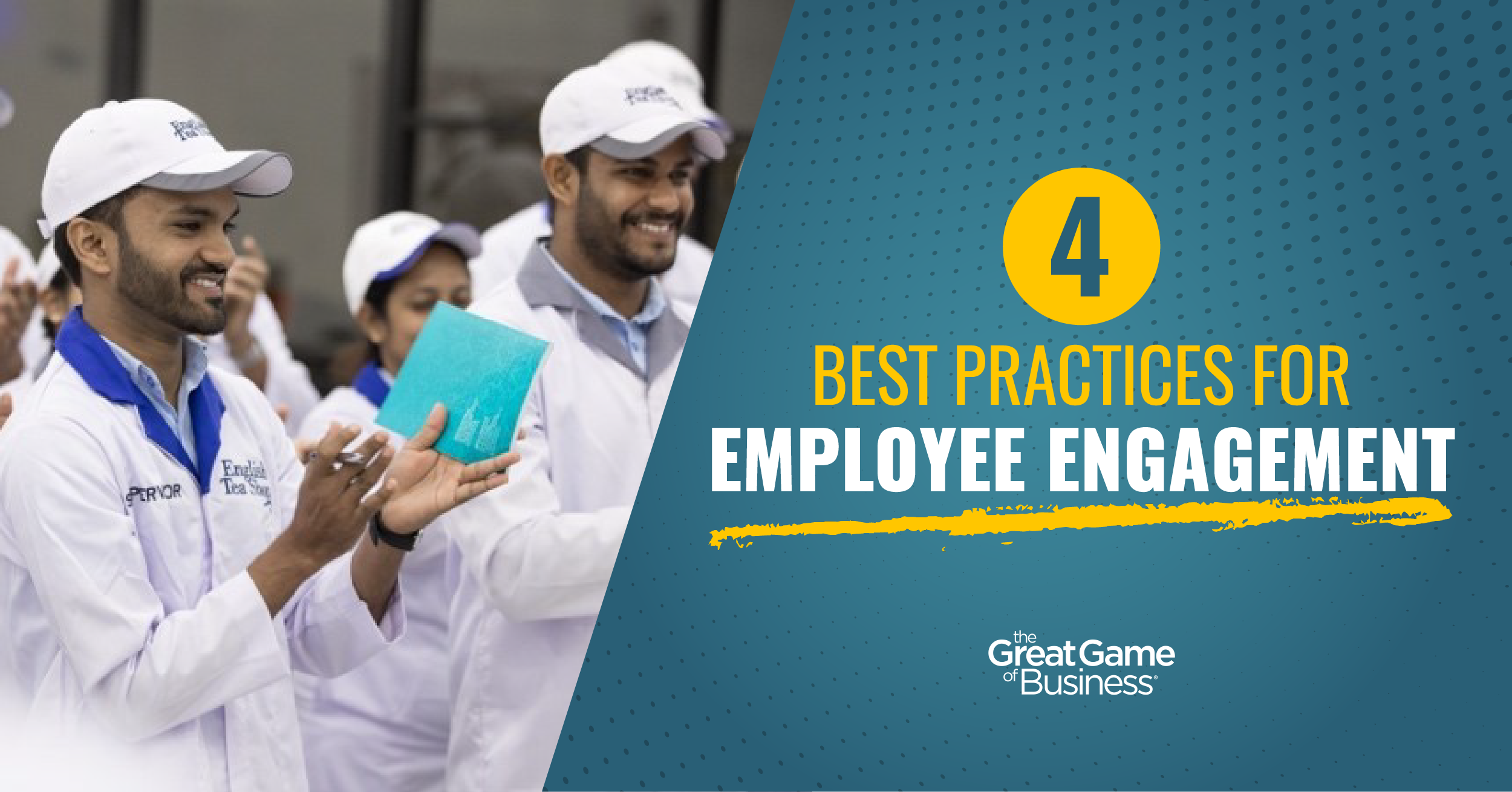


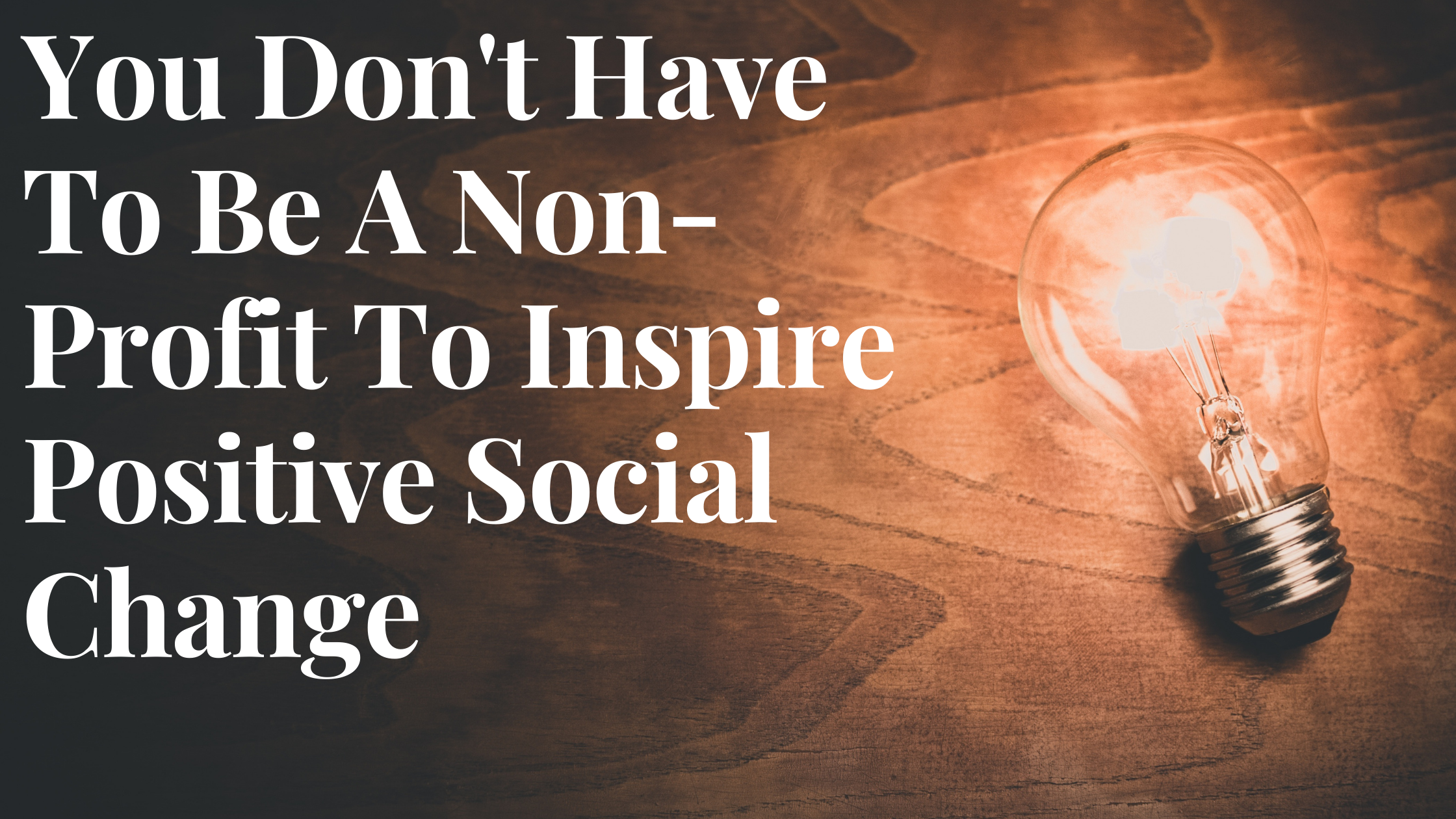




.png)




-5.png)

